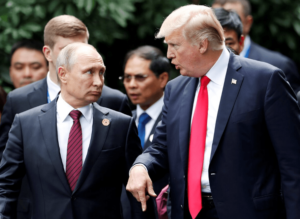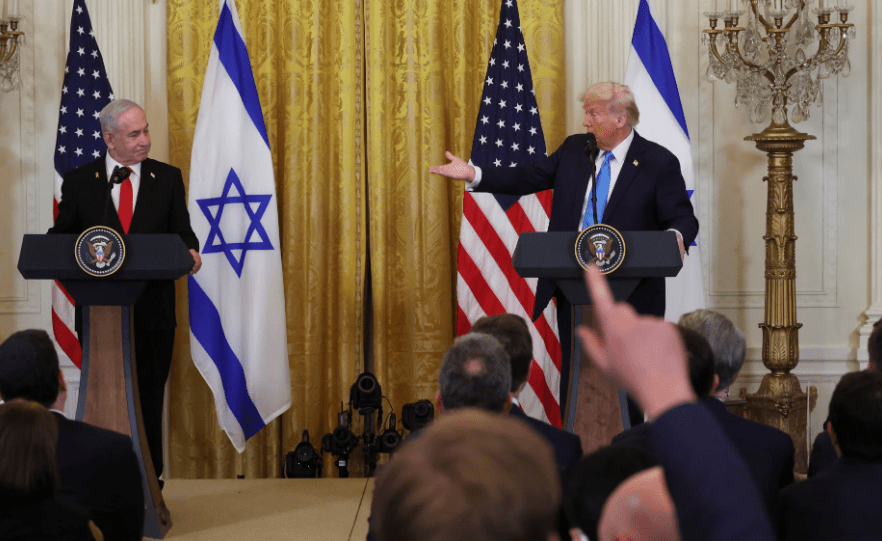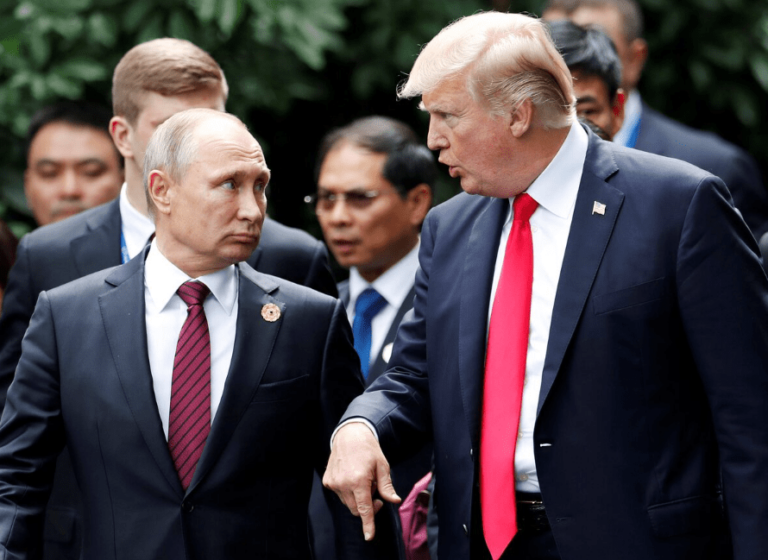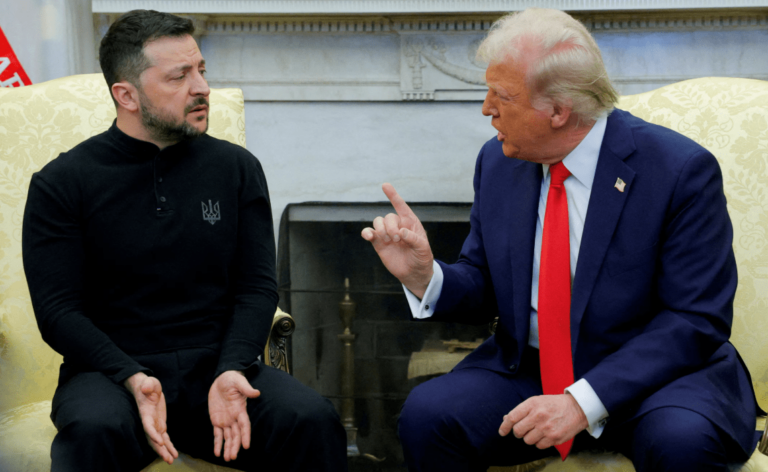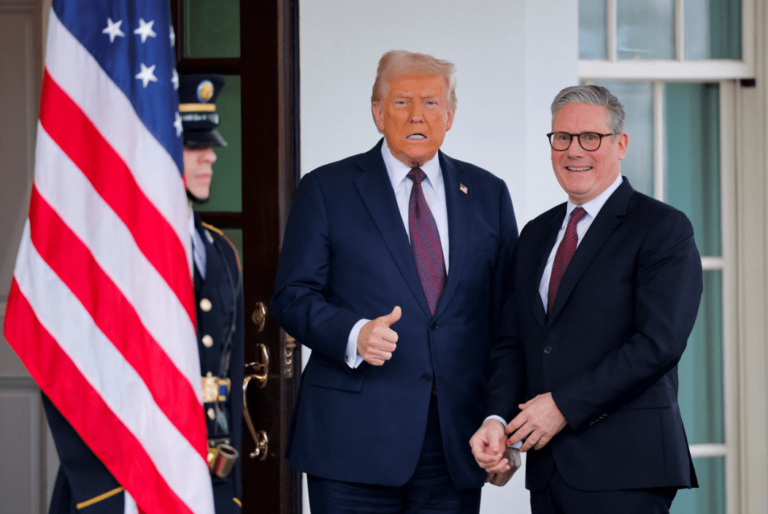Former President Donald Trump’s suggestion that the United States take control of Gaza and relocate its residents has drawn strong condemnation from both U.S. allies and adversaries. Leaders across the Middle East and beyond warned that such a move could escalate regional tensions and violate international law.
Trump had previously floated the idea of moving Palestinians out of Gaza into neighboring countries while rebuilding the war-torn enclave. However, during a recent press conference alongside Israeli Prime Minister Benjamin Netanyahu, he took the proposal further, suggesting that Gaza’s residents should move to a “better” location, while the U.S. would assume long-term control over the territory. He also implied that this plan aligned with broader regional efforts, particularly Saudi Arabia’s potential normalization of ties with Israel.
The reaction from Arab nations was swift. Egypt and Jordan, key U.S. partners in the region, firmly rejected any forced displacement of Palestinians. Saudi Arabia reinforced its stance that it would not establish diplomatic relations with Israel unless an independent Palestinian state with East Jerusalem as its capital was established.
European allies also voiced concern. Germany, France, and the United Kingdom warned against any actions that could lead to mass displacement, while Russia and China echoed similar sentiments. The United Nations described forced relocation as a violation of international law, with experts noting that such a move could be considered a form of ethnic cleansing.
Meanwhile, Israeli far-right figures expressed support for the idea, seeing it as an opportunity to reshape Gaza’s future. Palestinian leaders, including both the Palestinian Authority and militant groups such as Hamas and Palestinian Islamic Jihad, strongly opposed any displacement, vowing to resist.
Trump administration officials attempted to clarify the remarks. Secretary of State Marco Rubio defended the proposal as “generous,” emphasizing that it was not intended as an act of hostility. The White House later stated that the U.S. had no plans to finance Gaza’s reconstruction or deploy troops.
The controversy arises as negotiations over a ceasefire in Gaza continue, with Israel and Hamas engaged in indirect talks to establish a long-term truce. The reaction from Arab states, particularly Egypt and Jordan, reflects broader concerns that large-scale Palestinian displacement could destabilize the region.
Analysts suggest that Trump’s remarks could complicate diplomatic efforts, particularly in the Persian Gulf. While some Gulf states have fostered close ties with Trump, they may be reluctant to support a policy that risks regional instability. The United Arab Emirates explicitly rejected any displacement of Palestinians, and Saudi Arabia was quick to dismiss the proposal as unviable.

